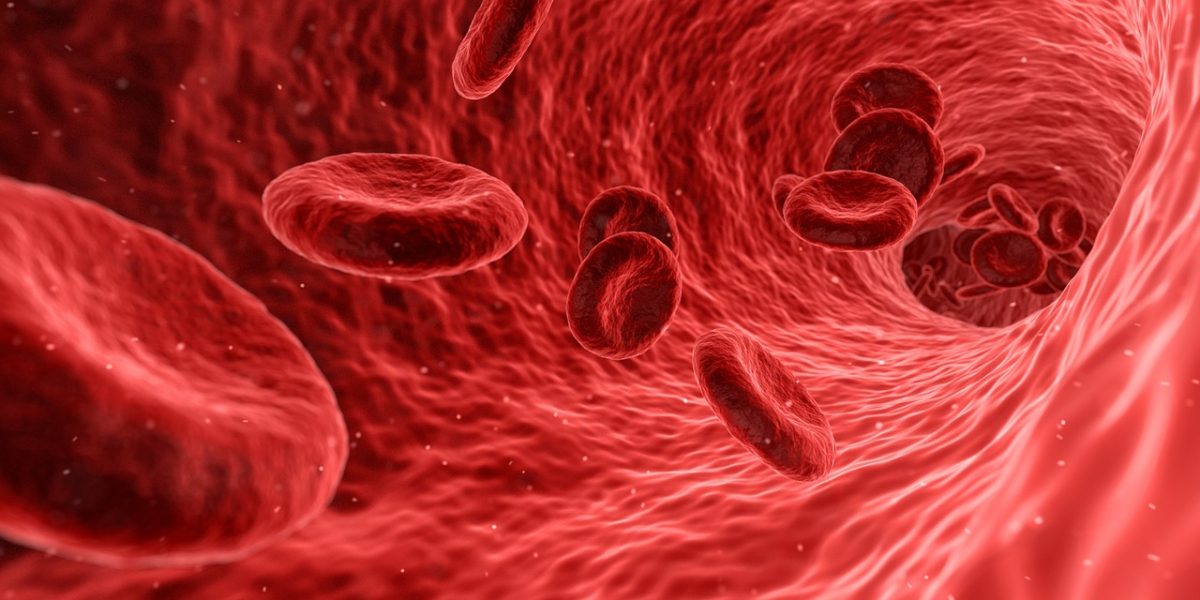
What is the new “Kraken” COVID 19 Variant?
This article from Bloomberg explains the new “Kraken” COVID-19 variant, known as XBB-1.5. This variant is causing concern due to its prevalence in some areas and its high transmissibility. Scientists believe that this new strain has already spread beyond South Africa, where it was first detected, to other countries in...Read More

Four Healthy Diets to Extend Life Expectancy.
A recent study from Harvard suggests four diets that could promote a longer and healthier life. The diets were classified as the Mediterranean, Dash, MIND, and flexitarian-style diet. Each of these diets incorporate different aspects such as limiting processed foods in favor of whole foods, including healthy fats, reducing sodium...Read More

How to Talk to Patients About Preventive Health Care
Clinical preventive services are essential to promoting patient health. Preventative care can reduce the risk of disease, impede debilitating disabilities, and mitigate chronic illnesses. To boost public health, the U.S. Preventive Services Task Force (USPSTF) recommends several regular consultations and screening tests. Yet, only an estimated 8% of Americans undergo...Read More

Honey: A Holistic Superfood
Honey is making its mark on holistic medicine. Though honey has a long medical track record, honey’s primary use for the past few decades has been as a low-sugar natural sweetener. However, modern medicine has recently “re-discovered” honey. Today doctors are finding new ways to incorporate honey into their patient...Read More

How Parents Can Help Prevent Food Allergies in Kids
According to the American Academy of Allergy, Asthma, and Immunology, food allergies affect about 8% of children, and 40% of those have a significant reaction. While there are a lot of misconceptions about food allergies, recent studies from Stanford Medicine Children’s Health have confirmed several notable pieces of information surrounding...Read More

Why Allergy and Sensitivity Testing Should Be a Part of Your Routine Testing
A study published in the International Journal of Environmental Research and Public Health found that over 40% of American adults have allergies. Lactose intolerance, the most common food sensitivity, affects 36% of people in the US. With such high numbers, you likely regularly help patients with known and unknown allergies...Read More

How Microcirculation Defines Patient Health
With improved diagnostic tools, the role of microcirculation in overall health is becoming more defined. The microcirculatory system minimizes diffusion distance and covers the largest vascular surface area in the body. As the segment of the vascular system responsible for transporting leukocytes, red blood cells, proteins, and other blood components...Read More

The Neurological Side Effects of Food Sensitivities
Food sensitivities are associated with a wide range of symptoms, from abdominal pain and bloating to rashes like eczema and hives—and new symptoms are still coming to light. A growing number of studies are revealing a relationship between food intolerances and several neurological symptoms. Though unaccompanied by the life-threatening symptoms...Read More

Consuming Ultra-Processed Foods Could Increase Dementia Risk
A new study published in JAMA Neurology found that you may have a heightened risk of dementia if 20% or more of your diet consists of ultra-processed foods. Here is what you need to know: To learn more about the cognitive decline associated with processed foods, read this article found...Read More

Intermittent Fasting: What It Is And How It May Affect Female Hormones
Intermittent fasting is a term used to describe a variety of eating patterns that have alternating periods of fasting abstinence from foods and eating. A fasting period may last from 12 hours per day to several days in a row, with a consistent pattern over the course of a week....Read More